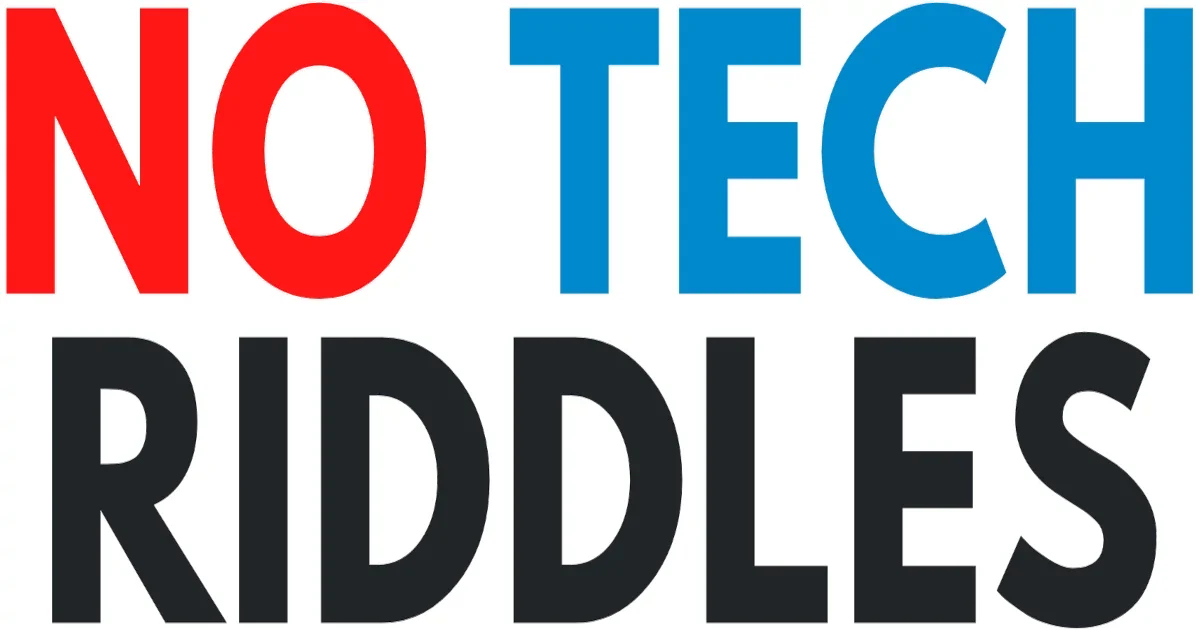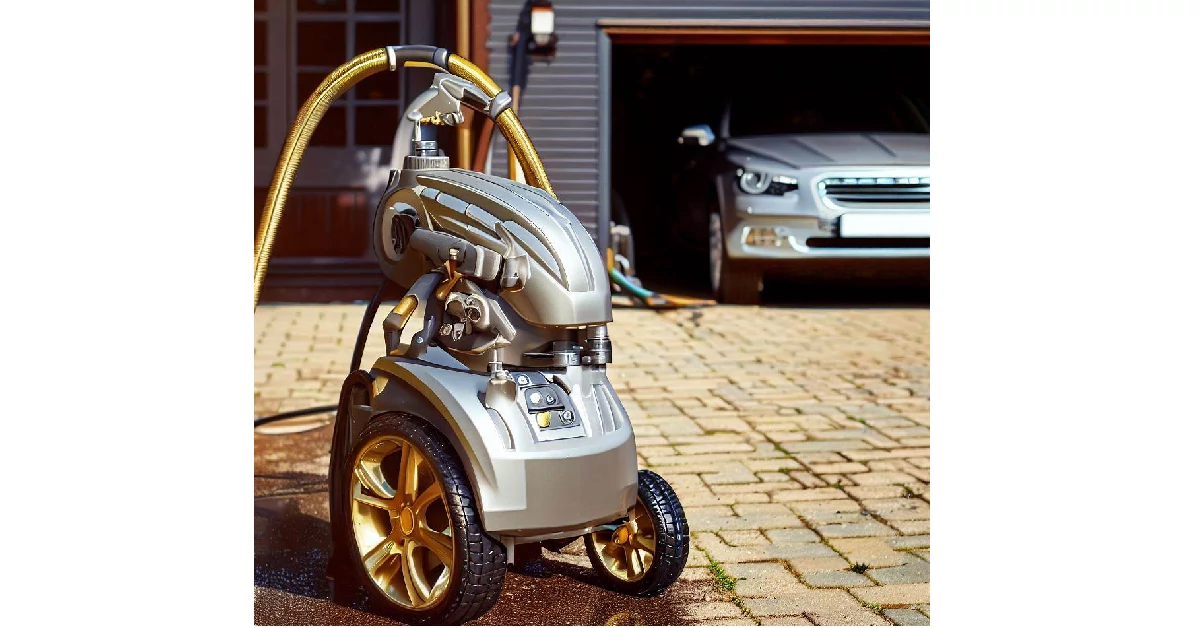Imagine that you just finished cleaning the outside of your house and you’re pretty happy with yourself. But then you start to notice. That annoying rust spot that won’t go away. It makes you mad, doesn’t it?
Rust can be hard to get rid of, and it’s not just an eyesore—it can also hurt your surfaces over time. So, rust agents are needed. If you take pride in making sure your outdoor places always look their best, you should know about rust inhibitors. In this article, I’ll talk about what they are, how they work, and why anyone who wants to keep their outdoor surfaces from rusting needs to have them. So, grab a cup of coffee and settle in, because we need to get rid of some rust!
Understanding Rust Inhibitors

Rust inhibitors are important chemicals that help keep metal surfaces from rusting.
Rust is a type of corrosion that happens when water and air are present on iron and steel surfaces.
Rust inhibitors work by putting a barrier between the surface of the metal and things like water and air that cause rust.
Types of Rust Inhibitors
There are different kinds of rust inhibitors that can be used to keep objects outside from rusting.
These include volatile rust inhibitors, rust inhibitor coats, rust preventives, and vapor corrosion inhibitors (VCI).
- Volatile rust inhibitors: These are used to protect surfaces above the level of the oil. They are applied by wiping surfaces clean of dirt, condensation, or free water.
- Rust inhibitor coatings: These range from oil-based, solvent-based, water-based, and grease-based to oil additives. They are used for the rust prevention of parts in-between production processes, storage, or for added rust prevention to packaging materials.
- Rust preventatives: These are typically chemicals added to a substance to prevent corrosion or lower the corrosion rate. They provide a protective barrier film that stops the corrosive reaction.
- Vapor corrosion inhibitors: VCI packaging is an easy-to-use, clean, and dry packaging option for preventing rust from metal and metal parts. VCI molecules attach or coat the metal surface by forming a thin protective film either by itself or in conjunction with metallic ions. They provide a protective barrier film that stops the corrosive reaction.
Other Rust Inhibitor Methods
There are other ways to keep outdoor objects from rusting, such as:
- Applying oil: Applying a coating of oil will help to prevent rust or slow it down, since it inhibits moisture from reaching the iron in the metal. However, an oily surface might be problematic for some tools or machines and poses environmental and human health concerns.
- Applying a dry coating: Special rust preventative products dry with no residue and form a protective barrier over metal parts and equipment. These are effective for products in use, in shipping, storage, and more.
- Galvanizing: This coats iron or steel in zinc to protect from rust. Zinc corrodes at a much slower rate than iron or steel, so it’s highly effective for slowing rust.
- Blueing: This creates a layer of magnetite over the metal to prevent rust. The metal must be regularly oiled to maintain rust resistance, and it will turn blue or black in the process.
Benefits of Using Rust Inhibitors
With the right use of rust inhibitors, the cost of rusting equipment, which costs the business billions of dollars every year and can be dangerous, can be cut by a lot.
Rust inhibitors are often used to keep metal surfaces from rusting during the cleaning process.
Choosing the Right Rust Inhibitor
Rust is a regular problem with iron and steel surfaces that are outside.
It happens when there is both water and air, which causes the metal to rust and weaken.
It is important to choose the right rust inhibitor based on the type of metal and how much rust is already there.
Preventing Rust with Anti-Corrosive Metals
One of the best ways to stop rust is to use metals that don’t rust, like copper or steel that has been protected.
These metals have a coating that keeps them from rusting.
This makes them perfect for surfaces that are open to water and air.
But if you can’t use metals that don’t rust, there are other ways to stop rust.
Coated Metals and Dry Coatings
To stop rust, you can also choose metals that are coated with baked-on enamel or painted with outdoor paint made for metal.
These coats make a barrier that keeps moisture and air from getting to the metal and causing it to rust.
Rust can also be stopped by using dry coats.
They make a layer of protection over the metal that keeps moisture and air from touching the surface.
Using Rust Converters
If there is already rust on the surface, a rust converter can be used to change the rust into a stable solution that can be painted over.
Rust converters work well to stop rust from spreading and can be used on areas that are already very rusty.
After using a rust converter, you should paint the area with two coats of a good oil-based paint to keep rust from coming back.
It’s important to know that rust converters don’t help stop rust on surfaces that aren’t already rusty or painted.
Choosing the Right Rust Remover
When picking a rust cleaner, it’s important to think about how much rust there is and what kind of metal it’s on.
Most metals can be used with WD-40 Specialist Rust Remover Soak, which works well to get rid of heavy rust.
Evapo-Rust is a good choice for light rust.
It is recyclable and safe to use without any special tools.
CLR is another thing that can be used to get rid of rust, but it wasn’t made to do that and may not work as well as other rust removers.
Limitations of Rust Inhibitors
It’s important to remember that rust inhibitors can’t be used on all outdoor areas.
Rust inhibitors are made to help keep iron and steel surfaces from getting rusty.
Rust agents won’t work on copper, stainless steel, galvanized metal, or aluminum.
So, it is important to choose the right rust inhibitor based on the type of metal being fixed.
Iron OUT Outdoor for Rust Stain Removal
Iron OUT Outdoor is a liquid solution that is already mixed and ready to use.
It quickly removes rust stains from concrete, vinyl, and other surfaces outside the home without having to scrub.
If Iron OUT Outdoor is used on an area near plants, it won’t hurt the plants.
It can be used safely to get rid of rust stains on pavement, vinyl siding, decks, patios, fencing, docks, plastic, fiberglass, boats, around the pool, and many other outdoor surfaces.
Application and Maintenance
Preventing Rust
The best way to keep metal from rusting is to choose covered metals.
The longest-lasting items are those with baked-on lacquer or primer and metal paint.
Putting rust inhibitors on objects outside can also help stop rust from forming.
How often you need to apply rust inhibitors depends on how bad the weather has been and how long the metal has been out in it.
A good rust inhibitor should last for a few years, but you should check the areas every so often and reapply the rust inhibitor if you need to.
Using Rust Preventives
MobilTM rust preventives are made to help stop rust, and if you use them right, you can cut down on the costs and risks of rusting by a lot.
When using rust inhibitors, it is important to keep safety in mind.
First, you shouldn’t take in too much of the rust preventive vapors.
Also, you should make sure that the rust inhibitor doesn’t come into touch with any sources of high heat or open flames.
When using a rust converter, it’s important to carefully follow the directions and safety measures given by the manufacturer.
Cleaning the Surface
Before putting on the rust inhibitor, it is also important to clean the surface well.
This will wash away any grease or dirt on the surface that could stop the rust inhibitor from working.
Instead of a degreaser, you should use oil or charcoal-lighting fluid to clean metal that is very dirty.
For the metal not to rust, it should be dried well after being cleaned.
Say Goodbye to Rust Stains with Rust Converter: The Ultimate Solution for Cleaning Outdoor Surfaces
If you’re tired of seeing unsightly rust stains on your outdoor surfaces, then rust converter is the answer you’ve been looking for.
Rust converter is a powerful chemical solution that not only removes rust stains but also prevents rust from forming again.
It works by converting the rust into a stable compound that can be easily washed away, leaving your surfaces looking clean and new.
But what makes rust converter so relevant to your cleaning needs? Well, outdoor surfaces are constantly exposed to moisture and oxygen, which are the two main culprits behind rust formation.
Rust converter not only removes the rust stains but also stops the rust from spreading, ensuring that your surfaces stay rust-free for longer.
So, if you want to keep your outdoor surfaces looking their best, rust converter is the way to go.
It’s easy to use, affordable, and highly effective.
Say goodbye to rust stains and hello to a cleaner, more beautiful outdoor space.
For more information:
Rust Converter 101: Surfaces, Safety, and More

Effectiveness and Longevity
What are Rust Inhibitors?
Rust inhibitors are things that keep metal from rusting by making a barrier between the metal and moisture.
They can be an oil coating, a dry coating, or a chemical product that is made to stop rusting.
Putting on a rust preventive is a good way to stop rust and save money over time.
Types of Rust Inhibitors
Coating of Oil: Rusting can be stopped or slowed down by putting a thin layer of oil on the metal surface.
But a sticky surface could be bad for some tools or machines and could be bad for the environment and people’s health.
Dry Coatings: Dry coatings protect against rust, but they don’t leave any residue behind.
Chemical Products: Chemical products, like Mobil Rust Preventives, that are made to stop rust can also help cut down on the costs and risks of rusting.
Duration of Rust Inhibitors
How long a rust inhibitor lasts before it needs to be reapplied varies on how bad the weather has been and how long the metal has been out in it.
A good way to stop rust should last for a few years.
Woolwax is a coating for the undercarriage of a vehicle.
It can last for years in sheltered, protected areas, but it needs to be reapplied every year in open areas.
The shelf life of Rust Converter is 9 months.
Rustproofing is not a one-time fix that will last forever, and it is best to have your car rustproofed every year.
Preventing Rust on Outdoor Surfaces
Homeowners should choose coated metals with baked-on enamel or powder-coated finishes for outdoor furniture and fences to keep them from rusting.
When a small spot of rust shows up, you should clean the area well and use fine-grit sandpaper as part of the process.
Woolwax makes a lanolin film barrier on the base metal that prevents moisture and oxygen from getting through.
This barrier also repairs itself.
Rust Converter should be put on a surface that has rusted after it has been cleaned and allowed to dry.
Using Rust Inhibitors on Existing Rust
Removing Rust from Outdoor Surfaces
Before you can put a rust inhibitor on the surface, you’ll need to get rid of as much rust as you can.
Large pieces of rust and scale can be taken off with fine-grit sandpaper or a stiff-bristled brush.
There are also a number of items on the market, like vinegar, CLR, and Evapo-Rust, that can help remove rust from metal surfaces.
Applying Rust Inhibitors
After the surface has been cleaned, rust can be stopped by putting a rust inhibitor on it.
It’s important to know that a rust inhibitor doesn’t get rid of rust.
Instead, it stops rust from getting worse.
B’laster Surface Shield® is a rust preventative that keeps all metal surfaces, tools, and moving parts safe from corrosion.
It is easy to use and is the rust protector that lasts the longest.
Painting Outdoor Surfaces
Another way to keep metal from rusting is to paint it with outdoor paint made for metal.
This will make a shield between the metal and the elements, stopping rust from forming.
Steel and iron can also be kept from rusting by painting them with zinc.
Galvanized nails and metal sheets are covered in liquid zinc, which makes them good for use outside.
Tips for Preventing Rust
The best way to deal with rust is to stop it from happening in the first place. Here are some things to remember:
- Keep outdoor surfaces clean and dry.
- Store metal objects in a dry place.
- Use a rust inhibitor on outdoor surfaces that are prone to rust.
- Choose outdoor paint designed for metal.
- Consider using galvanized nails and sheet metal for outdoor projects.
Alternative Rust Inhibitors
Green Corrosion Inhibitors
Corrosion inhibitors that are good for the environment come from natural sources and leftovers from biomass.
They are a well-known way to stop, slow down, or control the rusting of metals.
These inhibitors work, and using them cuts down on waste and damage to the earth.
Green rust inhibitors break down naturally, are safe, and can be made over and over again.
They come from products of plants, essential oils, and other natural things.
They are safe to use and don’t hurt the earth in any way.
Environmentally Friendly Rust Prevention Solutions
The ProPLUS formula from Rust Bullet is an example of a rust prevention solution that is good for the earth.
It works well and only needs to be used once, which is good for the earth.
The ProPLUS formula of Rust Bullet has taken eco-friendly rust protection to a whole new level.
It is made of water and doesn’t have any lead, heavy metals, or other chemicals and additives that are bad for you.
Traditional rust inhibitors offer less of a threat to the environment when these kinds of solutions are used.
Natural Organics for Rust Removal
Besides these options, you can also use natural organics to get rid of rust, scale, and oxides.
Outdoor surfaces can also be cleaned with vinegar, lemon juice, and baking soda, which are all natural cleaners.
These things are natural cleaners that can get rid of tough dirt on bricks, cement, and other surfaces outside.
They are easy to get and don’t cost much, and using them cuts down on the amount of poisons that get washed into the environment.
The last word on the matter

In conclusion, anyone who wants to keep their outdoor areas clean and free of rust needs rust inhibitors. Not only do they keep rust from happening, but they also help get rid of rust spots that are already there. But let’s step back for a moment and look at the bigger picture. Why is it so important to us to keep our outdoor areas clean? Is it just for the sake of looks? Is there something more going on?
Maybe it’s because it’s in our nature to want things to be neat and orderly around us. Or maybe it’s because we want to make a place where we and our guests feel welcome. No matter what the reason, it’s clear that cleaning outdoor areas is more than just a chore; it shows what we value and what we think is important.
So the next time you’re outside scrubbing your patio set or sidewalk, stop and think about why you’re doing it. What does it say about you and how you feel about the world around you? And don’t forget that rust inhibitors are just one of the tools you have at your disposal. The real work begins with having a caring and respectful attitude toward the world around us.
Looking for a new Pressure washer?
Choosing a gadget can be very difficult if you know nothing about the technology.
Some will pay for features they do not need while others may not consider what they really want.
So I created this quick, newbie guide to help you focus on what is really important to you:
The Best Pressure Washer (For You!)
What are some ways you can keep the outside of a house clean?
Tip: Turn on the caption button if you need it.
Choose ‘automatic translation’ in the settings button, if you are not familiar with the English language.
You may need to click on the language of the video first before your favorite language becomes available for translation.
Links and references
My article on the topic:
Rust Removal 101: Tips for Cleaning Outdoor Surfaces
Recording for myself: (Article status: plan)

